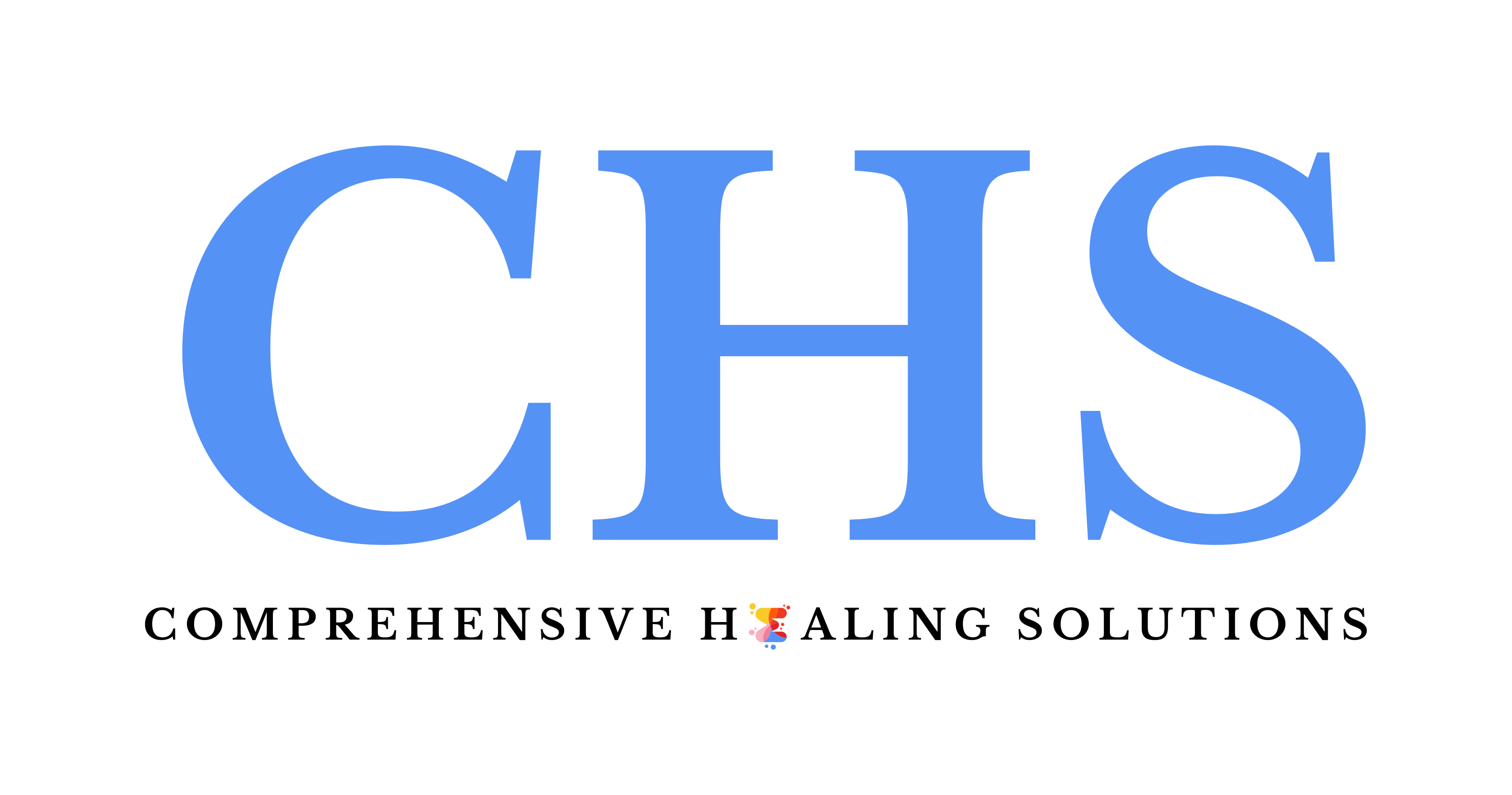
Motivational Interviewing: Guiding Change in Addictive Behaviors
Motivational Interviewing (MI) is a client-centered, directive therapeutic approach designed to enhance an individual’s motivation to change addictive behaviors. By exploring and resolving ambivalence, MI helps individuals move toward positive behavioral change, particularly in the context of addiction, substance use, and other unhealthy habits.
Addiction is a complex and multifaceted issue that affects millions of people around the world. It often involves not only physical dependence on substances but also deep-rooted psychological, emotional, and social factors that can make overcoming addiction extremely challenging. Traditional approaches to addiction treatment have often emphasized confrontation and external motivation, which can sometimes lead to resistance or relapse. In contrast, Motivational Interviewing (MI) offers a more collaborative and empathetic approach to helping individuals navigate the difficult process of change.
Developed by clinical psychologists William R. Miller and Stephen Rollnick in the early 1980s, Motivational Interviewing is an evidence-based, person-centered counseling style that focuses on enhancing an individual’s intrinsic motivation to make positive changes. Originally developed to address alcohol use disorders, MI has since been widely applied to a variety of issues, including substance abuse, smoking cessation, gambling, eating disorders, and other addictive behaviors.
Motivational Interviewing seeks to guide individuals through the often-ambivalent feelings they have about their addiction, helping them find their own reasons for change. By fostering an empathetic, non-judgmental therapeutic environment, MI creates the conditions in which clients can explore their readiness to change, set goals, and take actionable steps toward recovery.
Key Principles of Motivational Interviewing
MI is built on several foundational principles that distinguish it from other approaches to addiction treatment. These principles are designed to support the client’s autonomy, empower them to take responsibility for their change process, and build intrinsic motivation for lasting behavioral change.
- Express Empathy:
Empathy is at the heart of Motivational Interviewing. Rather than confronting the client or attempting to impose external motivation, MI practitioners engage in active listening and demonstrate a deep understanding of the client’s experience. By creating a compassionate and non-judgmental therapeutic space, the therapist encourages the client to openly discuss their thoughts, feelings, and concerns related to their addiction. This empathetic approach helps reduce defensiveness and builds a trusting therapeutic relationship, which is critical for facilitating change. - Develop Discrepancy:
One of the primary goals of MI is to help clients recognize the gap between their current behaviors and their long-term goals or values. For example, a client may want to be a better parent, but their substance use is preventing them from fulfilling that role. The therapist gently guides the client in exploring this discrepancy, helping them see how their addictive behavior conflicts with their core values or aspirations. By highlighting this disconnect, the therapist helps the client realize the need for change. - Roll with Resistance:
Resistance to change is a common part of the therapeutic process, particularly in the context of addiction treatment. Rather than confronting or challenging resistance directly, MI practitioners "roll with" it, allowing the client to express their ambivalence and uncertainty. The therapist uses reflective listening techniques to explore the client’s resistance without escalating tension or conflict. This approach reduces the likelihood of defensiveness and promotes a collaborative, solution-focused dialogue. - Support Self-Efficacy:
MI emphasizes the importance of empowering clients to believe in their ability to change. Many individuals struggling with addiction feel a deep sense of hopelessness or self-doubt, believing that they are incapable of overcoming their substance use. The therapist's role is to nurture the client’s confidence and self-efficacy by reinforcing their strengths and highlighting past successes. By helping clients recognize that they have the power and capability to make positive changes, MI fosters a sense of personal responsibility and autonomy in the change process. - Avoid Argumentation:
In traditional confrontational approaches to addiction treatment, therapists might challenge the client’s denial or minimization of their addiction. However, MI avoids argumentation altogether. Instead of debating with the client about their substance use or attempting to convince them to change, the therapist allows the client to come to their own conclusions. By avoiding arguments, the therapist creates an environment where the client can openly explore their ambivalence without feeling pressured or judged.
The Process of Motivational Interviewing
Motivational Interviewing is a structured yet flexible approach to counseling that follows four key processes: engaging, focusing, evoking, and planning. Each process builds on the previous one, guiding the client from initial ambivalence to commitment and action.
- Engaging:
The first step in MI is to establish a strong therapeutic alliance by building rapport and trust. This involves active listening, empathy, and understanding. The therapist seeks to engage the client in a collaborative relationship where they feel heard, respected, and supported. During this phase, the therapist avoids direct confrontation about the client’s substance use and instead focuses on creating a safe, open space for discussion. - Focusing:
Once engagement is established, the therapist and client work together to clarify the focus of the therapy. This might involve exploring the specific behavior that the client wants to change, such as reducing alcohol consumption, quitting smoking, or managing drug cravings. The therapist helps the client identify their goals and priorities, ensuring that the focus aligns with the client’s values and long-term objectives. - Evoking:
The evoking process is where the therapist helps the client explore their ambivalence about change. This is a critical aspect of MI because many individuals struggling with addiction are simultaneously drawn to both continuing and stopping their substance use. The therapist uses open-ended questions, reflective listening, and affirmations to elicit "change talk"—statements made by the client that indicate their desire, ability, or reasons for change. By drawing out the client’s own motivation and reasons for change, the therapist strengthens their commitment to taking action. - Planning:
Once the client has expressed a clear desire to change, the therapist helps them develop a concrete plan for action. This might include setting specific, achievable goals, identifying potential obstacles, and brainstorming strategies for overcoming challenges. The planning process is collaborative, with the client taking an active role in determining the steps they will take toward change. By fostering a sense of ownership and control over the process, MI increases the likelihood of successful long-term behavior change.
Motivational Interviewing Techniques
MI practitioners use a variety of techniques to facilitate change, all of which are designed to elicit the client’s own motivation for change and resolve ambivalence. Some of the most commonly used techniques include:
- Open-Ended Questions:
Open-ended questions encourage clients to elaborate on their thoughts and feelings, providing deeper insights into their ambivalence and motivation. Rather than asking "yes" or "no" questions, the therapist might ask, "What concerns do you have about your current behavior?" or "How do you see your life changing if you reduce your substance use?" - Reflective Listening:
Reflective listening involves paraphrasing or summarizing what the client has said in order to show understanding and encourage further exploration. For example, if a client says, "I know I should stop drinking, but I’m not sure I’m ready," the therapist might respond, "It sounds like you’re feeling torn between wanting to stop and feeling uncertain about how to move forward." - Affirmations:
Affirmations are positive statements that recognize the client’s strengths, efforts, and progress. They help build the client’s self-efficacy and confidence. For example, the therapist might say, "It sounds like you’ve been thinking a lot about how to improve your health, and that’s a big step forward." - Summarizing:
Summarizing is used to reinforce key points made by the client and highlight areas of change talk. For example, the therapist might say, "So far, you’ve mentioned that you want to be a better parent, that your drinking is getting in the way, and that you’ve thought about cutting back. Let’s talk more about how you can make that happen." - Eliciting Change Talk:
Change talk refers to statements made by the client that indicate a desire, ability, reason, or need for change. The therapist uses techniques such as open-ended questions, reflections, and affirmations to draw out and amplify change talk, helping the client articulate their motivation for change.
Applications of Motivational Interviewing
Motivational Interviewing has been widely applied in the treatment of addiction and substance use disorders, but its applications extend far beyond addiction. It has been used successfully in a variety of health-related behaviors, including:
- Smoking Cessation: MI is commonly used to help individuals quit smoking by exploring their ambivalence about quitting, enhancing their motivation, and supporting them in developing a quit plan.
- Weight Loss and Diet Management: MI has been used to help individuals make healthier dietary choices and stick to weight loss plans by addressing ambivalence about food and lifestyle changes.
- Chronic Disease Management: MI has been effective in encouraging individuals with chronic health conditions (e.g., diabetes, hypertension) to adhere to treatment plans and make lifestyle changes that improve their health outcomes.
- Medication Adherence: MI helps individuals who struggle with taking their prescribed medications consistently by exploring their concerns and motivating them to adhere to their treatment regimen.
- Mental Health Treatment Engagement: MI is used to enhance motivation for engaging in therapy or psychiatric treatment, particularly for individuals who are ambivalent about seeking help for conditions such as depression or anxiety.
The Effectiveness of Motivational Interviewing
Research has demonstrated the effectiveness of Motivational Interviewing across a wide range of behavioral and health-related issues. Studies have shown that MI is particularly effective in reducing substance use, improving treatment adherence, and promoting long-term behavior change. One of the key strengths of MI is its adaptability—it can be used as a standalone intervention or in combination with other therapeutic approaches, such as Cognitive Behavioral Therapy (CBT) or Contingency Management.
Moreover, MI’s collaborative, non-confrontational approach makes it a valuable tool for working with individuals who may be resistant to change or who have experienced repeated relapse. By fostering a sense of autonomy and personal responsibility, MI empowers individuals to take ownership of their change process, which leads to more sustainable outcomes.
Conclusion: The Power of Motivational Interviewing in Facilitating Change
Motivational Interviewing offers a compassionate, client-centered approach to addiction treatment and behavioral change. By creating a non-judgmental therapeutic environment, MI helps individuals explore their ambivalence, find their own reasons for change, and develop the confidence and motivation to take action. Whether used in the treatment of addiction, chronic disease management, or mental health, MI provides a powerful framework for guiding individuals toward positive, lasting change.



